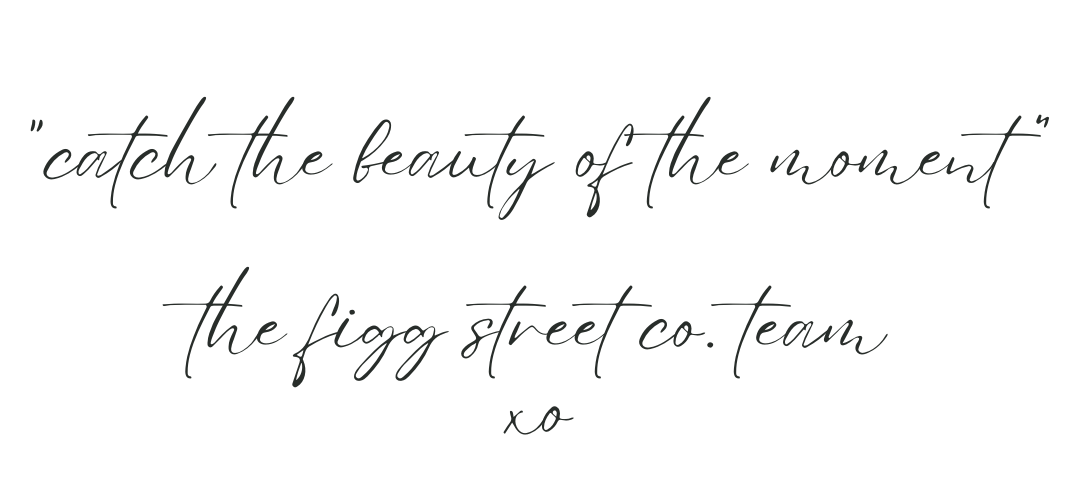Clear the air
Do you know of anyone who's never had a disagreement with anyone? Me neither. Unfortunately, it's just one of those things we all experience in life. It isn't so much a matter of if, but when and, more importantly, how.
The third Thursday of October is Conflict Resolution Day, which is observed internationally (October 19th this year). Of course, we wish conflicts between Russia and Ukraine and in the Middle East would come to an end. While many of us don't have the power to directly resolve international level disputes, we can make this world a better place through our own actions.

After all, nations are merely larger scale examples of our own personal and inter-personal experiences. How can we expect countries to get along if we cannot resolve difficulties within our own neighbourhoods, workplaces, and social circles?
It's always a touching moment when a person visiting the shop talks to me about reconciliation. It isn't often, but it's really grounding to observe someone taking accountability and active steps to repair a relationship. Sometimes it's as simple as sending an "I'm sorry" card. Sometimes it involves a little more writing: a heartfelt apologetic letter to address a deeper conflict, or one that has festered and remains unresolved.
On occasion, I'm told by people that they'd like to send something, but they don't know what to write. Of course, we can't write these kind of letters for someone else. It's personal and best when it comes from the heart. That said, there are some things I've learned about communicating an apology that I'm willing to share with anyone who may find it helpful.
Firstly, take accountability. This is reflected in the words you choose. Avoiding saying or writing, "I'm sorry that you feel....". This isn't an apology. Apologize for your own actions. Also avoid qualifiers, such as the word "if". For example, "I'm sorry if...". Better to simply state that you are sorry and why.
Secondly, be specific. State what exactly you are sorry for. This will not only provide clarity for all parties, but also help to make the other person feel heard and respected. In turn, they're much more likely to respect you.
Every case is individual. Thirdly, consider if it is possible to make a change in your behaviour going forward. Also, make amends if the case permits it. For example, "I will pay for the dry cleaning. Please send me the bill." This shows good faith and a desire to repair the relationship.

Frankly, simply the act of sending a card or letter, or initiating a difficult discussion will be a major step forward. It's likely to illicit respect from the other person. Many people avoid proper conflict resolution, so a good number of people will recognize the courage and maturity it takes to initiate corrective action directly.
Unresolved conflict ends up as resentment. Since conflict arises because at least one party is not getting their needs met, ignoring the situation doesn't make it go away. In an effort to avoid a possibly uncomfortable conversation, the unpleasantness actually escalates and can boil over later at inopportune moments. Better to be honest and honour your feelings. This also means that regardless of the other person's response, you're likely to grow your self-respect. After all, only you know when you're acting from a pure, loving space inside you.

Is there someone you want to reach out to? Write the card. Send the letter. See how you feel.
Also, who doesn't love a handwritten letter? In today's world, it feels both like a loving embrace and the ultimate luxury. Receiving one makes you feel acutely aware that someone else cares enough about you to give you one of the most precious of gifts: their full attention.








